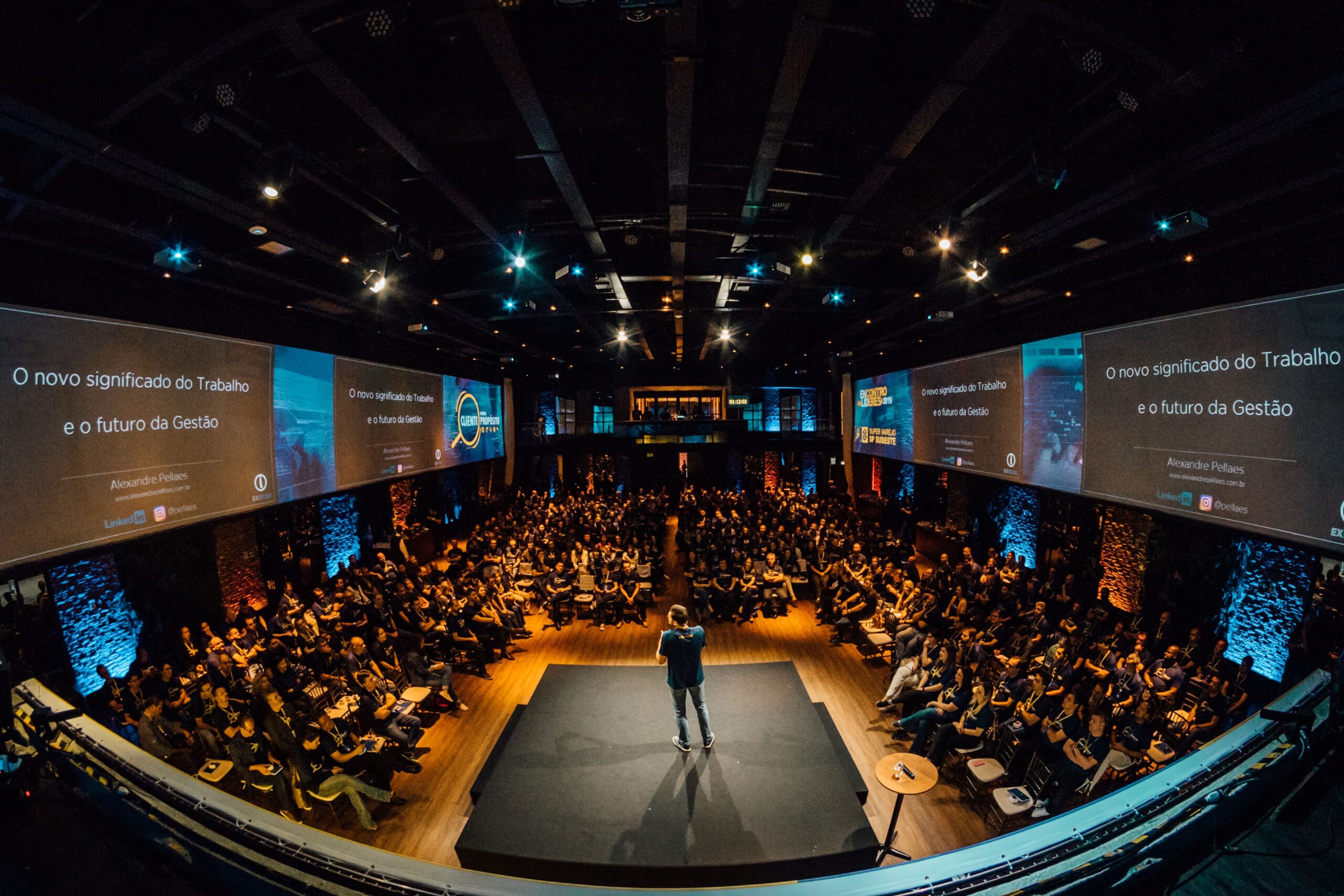
Leading in the industry
Meet
Emily M. Bender
A university professor
specialized in computational
linguistics who’s challenging
AI myths and hype.

Achievements
A Linguist with a Mission
Emily M. Bender, a professor at the University of Washington, doesn’t consider herself an AI researcher—but her incisive critiques of artificial intelligence have positioned her as one of the field’s most influential voices. Grounded in her expertise as a linguist, Bender has made a career of exposing the limitations and risks of large language models (LLMs) while challenging overblown narratives about what these systems can do.
Machine-Learning Myth Buster
Long before the arrival of ChatGPT, Bender was dismantling the misconception that AI systems possess intelligence or understanding. “You can’t expect a machine-learning system to learn stuff that’s not in its training data,” she says. “Otherwise you’re expecting magic.”
Her 2020 paper, co-authored with Alexander Koller, introduced a now-famous analogy: a stochastic parrot—an octopus that eavesdrops on conversations between two people on desert islands via an underwater cable. The octopus might predict responses well enough to impersonate one party, but it wouldn’t truly understand the conversation. The analogy highlights the danger of assuming AI systems comprehend their outputs, a misconception that could have real-world consequences.
Critic of LLM Risks
Bender’s critiques extend beyond philosophical concerns to tangible dangers including environmental impact, bias and misinformation and linguistic inequality. Bender’s advocacy for linguistic transparency led to the creation of the “Bender Rule,” urging researchers to explicitly name the languages used in their models. This rule helps prevent the harmful assumption that AI systems function equally well across diverse languages.
Shaping Policy and Discourse
While not a policymaker, Bender’s work has become a cornerstone for lawmakers grappling with the implications of AI. Her research has informed debates on AI bias and the need for regulation, providing a counterbalance to alarmist predictions that AI will soon replace humanity.
To Bender, the real risk lies in anthropomorphizing these systems and assuming they share human-like cognition. “The danger,” she warns, “is inherent in people thinking it understands.”
A Voice of Caution and Clarity
In an era of AI hype, Bender remains a crucial skeptic, pushing the industry and public to question the capabilities and limitations of language models. By highlighting their environmental, social, and linguistic impacts, she advocates for a more grounded and responsible approach to AI development.
Legacy of Awareness and Accountability
Emily M. Bender’s work underscores the need for humility in AI research and deployment. As one of the field’s sharpest critics, she continues to expose the dangers of treating these systems as anything more than tools, ensuring that their use serves humanity without harm.
Want to nominate yourself or others for the LeadBoard?
